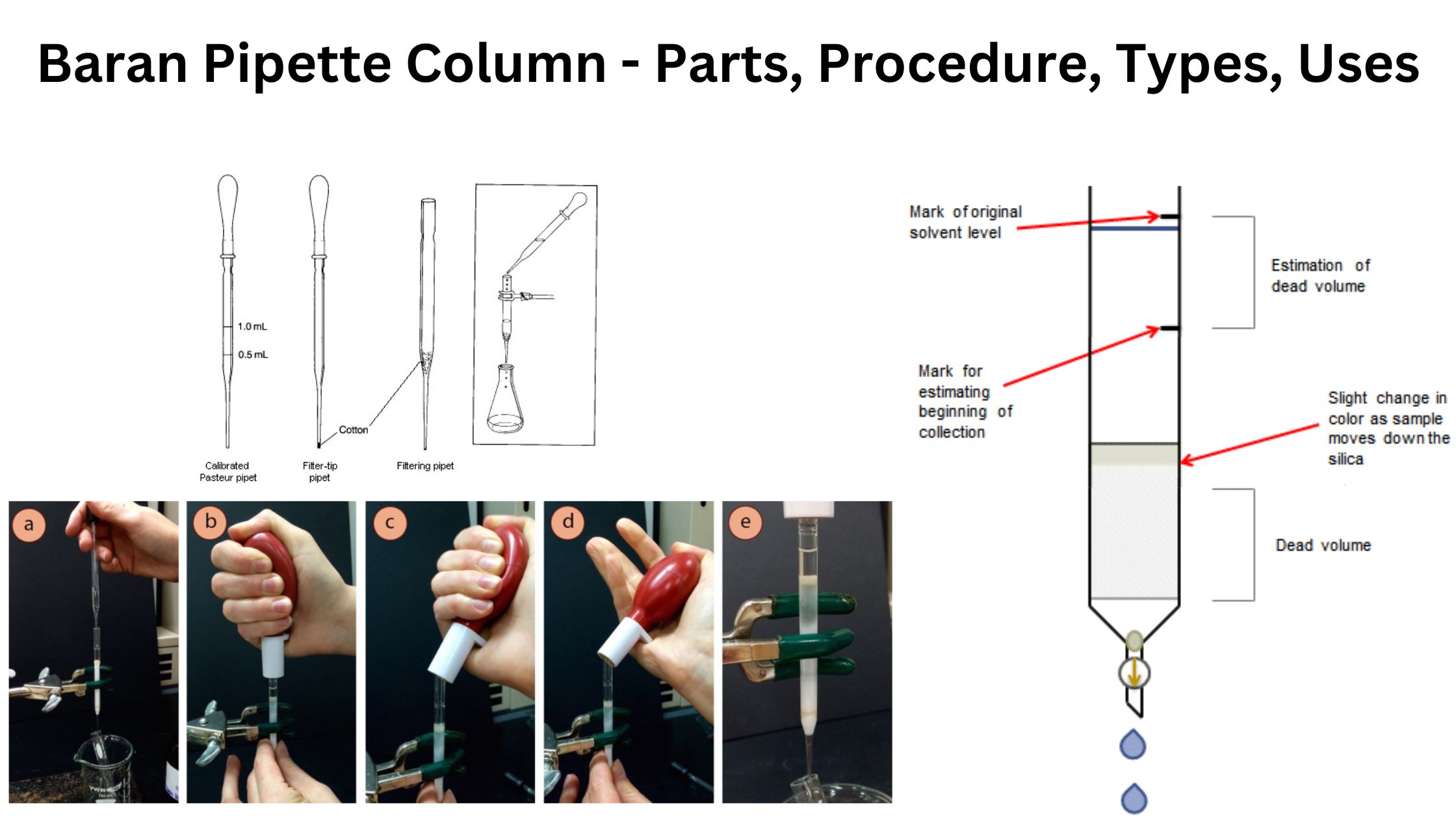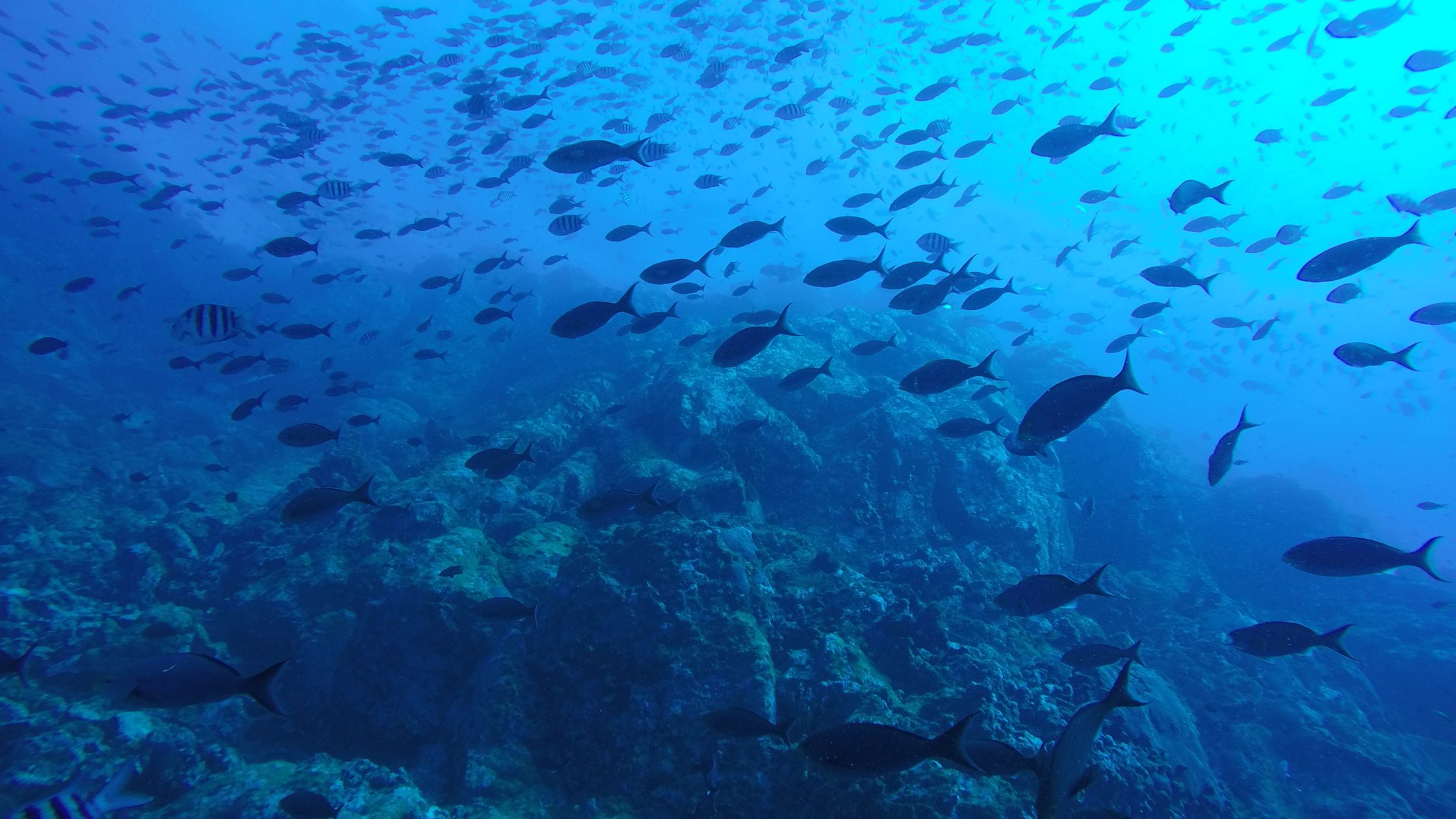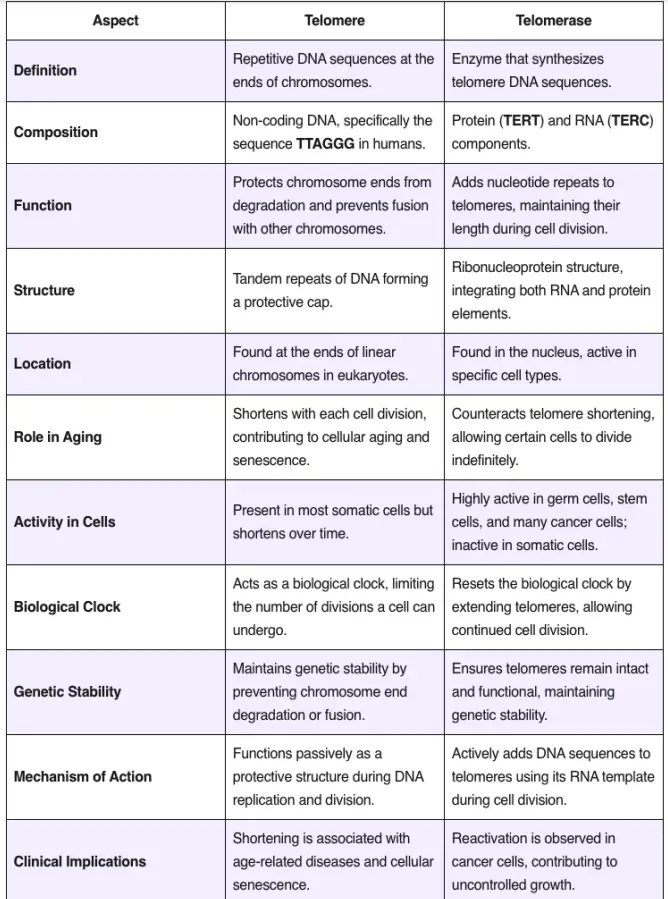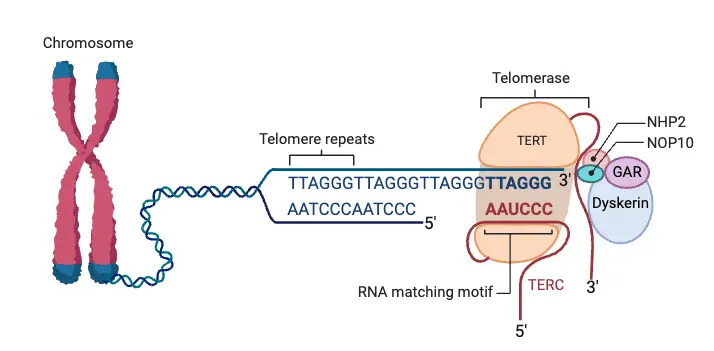Baran Pipette Column – Parts, Procedure, Types, Uses
What is Baran Pipette Column? Principle of Baran Pipette Column Principles of adsorption chromatography are used in the Baran pipette column. In this technique, the separation of compounds is achieved through their differential interactions with two key phases: in the stationary phase and the mobile phase. The pasteur pipette is packed with a stationary phase, … Read more








